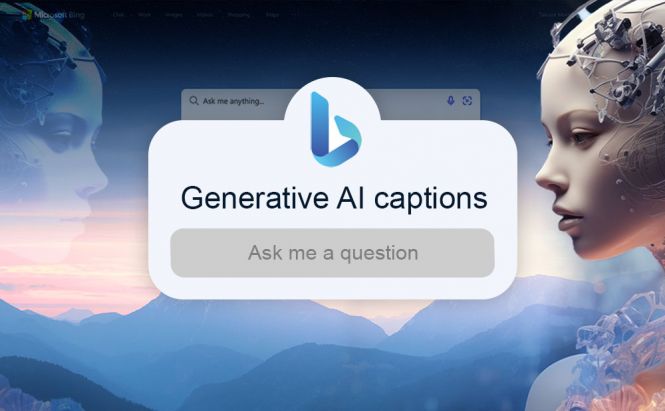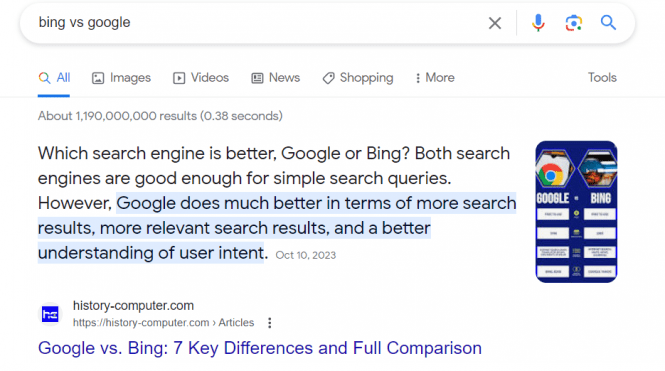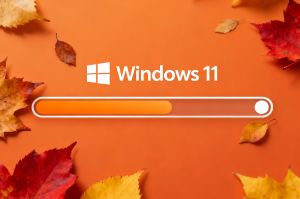 Bing will summarize pages using GPT4
Bing will summarize pages using GPT4
Recently, Microsoft announced that it is enhancing its Bing search engine with what it calls Generative AI Captions, aiming for better user experience and, possibly, setting a new standard, if the implementation of the idea will please the target audience, and the company will be superfast to react to feedback.
According to the respective post on Bing’s blog, Microsoft plans to put to use GPT 4, which has been one of the company’s major investments recently. The AI will take a search query, get its gist, look for content that resonates therewith, and shape it into a “highly relevant and easily digestible snippet.”
While the post does contain buzzwords like “harness the power” and “redefine,” the ultimate success (or failure) of the new feature hinges on implementation. If Microsoft’s engineers will deliver as promised, i.e., tune GPT 4, which really is a powerful tool, so that it brings snippets exactly as expected by the searcher, chances are Bing will win some millions of users from Google.
Bing’s Generative AI Captions vs. Google’s search snippets
 A Google search snippet. Snapshot from the respective Google SERP
A Google search snippet. Snapshot from the respective Google SERP
It feels like Bing’s Generative AI Captions will be not unlike Google search snippets. Compare the definitions:
Google: A search snippet, or Google snippet, is a generated extract of content from a web page that is presented in SERPs, drawn from a search term and collated from stored metadata.
Microsoft: Generative AI Captions help searchers quickly grasp the essence of each page's content, making search results more relevant and informative and helping users find the websites they are looking for more quickly.
So, Microsoft is catching up, but, in doing so, raises the bar a bit higher, claiming to not simply cite relevant portions of the page but direct GPT 4 to find, extract, summarize information and present it in a manner as concise as possible, thus “captions.”
Google Search snippets were introduced almost 10 years ago, in the fall of 2014. There has certainly been a ton of improvements done under the hood since then, but the fact that those snippets are still with us proves that Alphabet, Google’s parent company, considers this experiment to be a success.
The question “why it took Microsoft that long to make this move” may have a simple answer: they didn’t have the technology, GPT 4, until recently, and everything else just didn’t cut it the way the company wanted. And yes, Bing isn’t the primary product in Microsoft’s portfolio, but the introduction of Generative AI Captions may well push it up the ladder.



